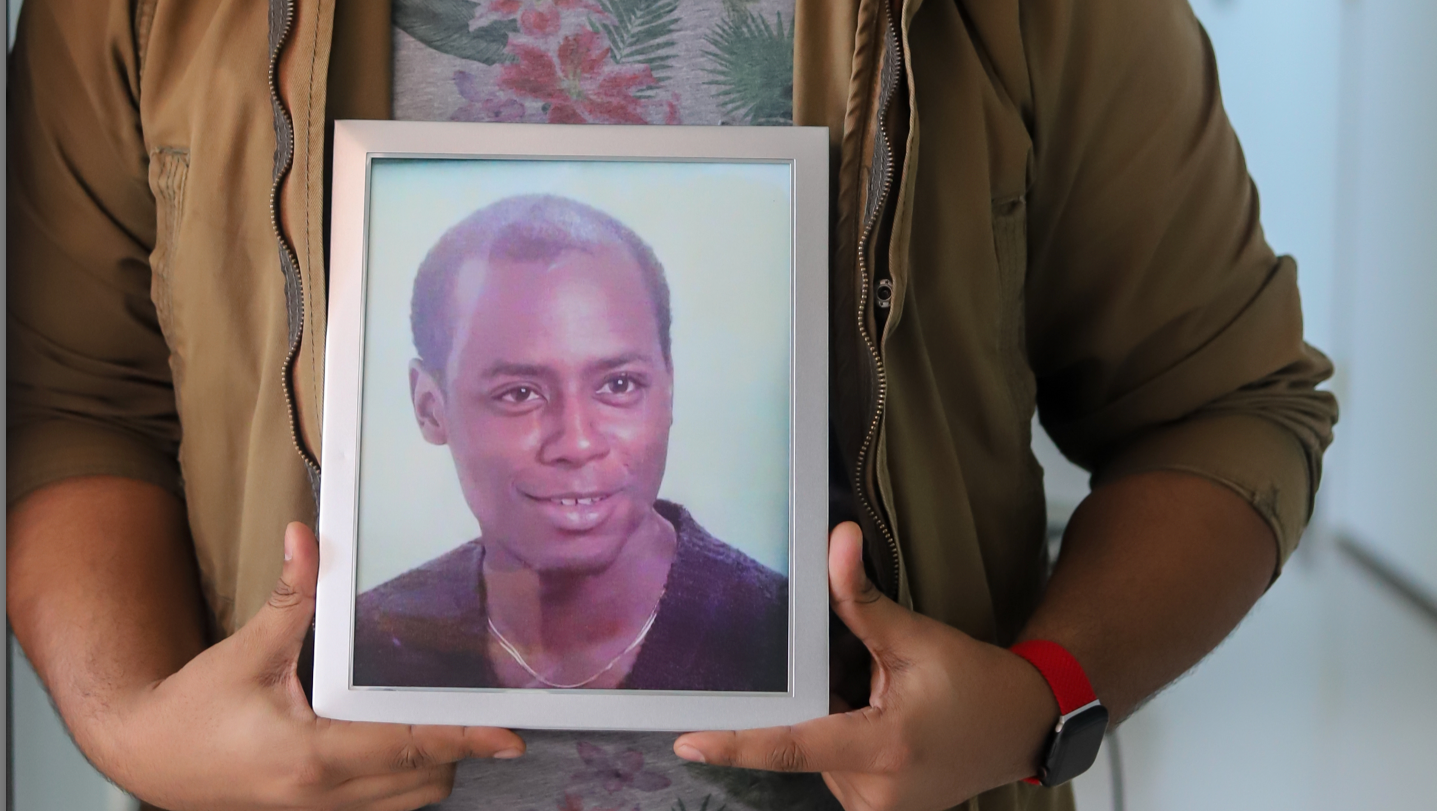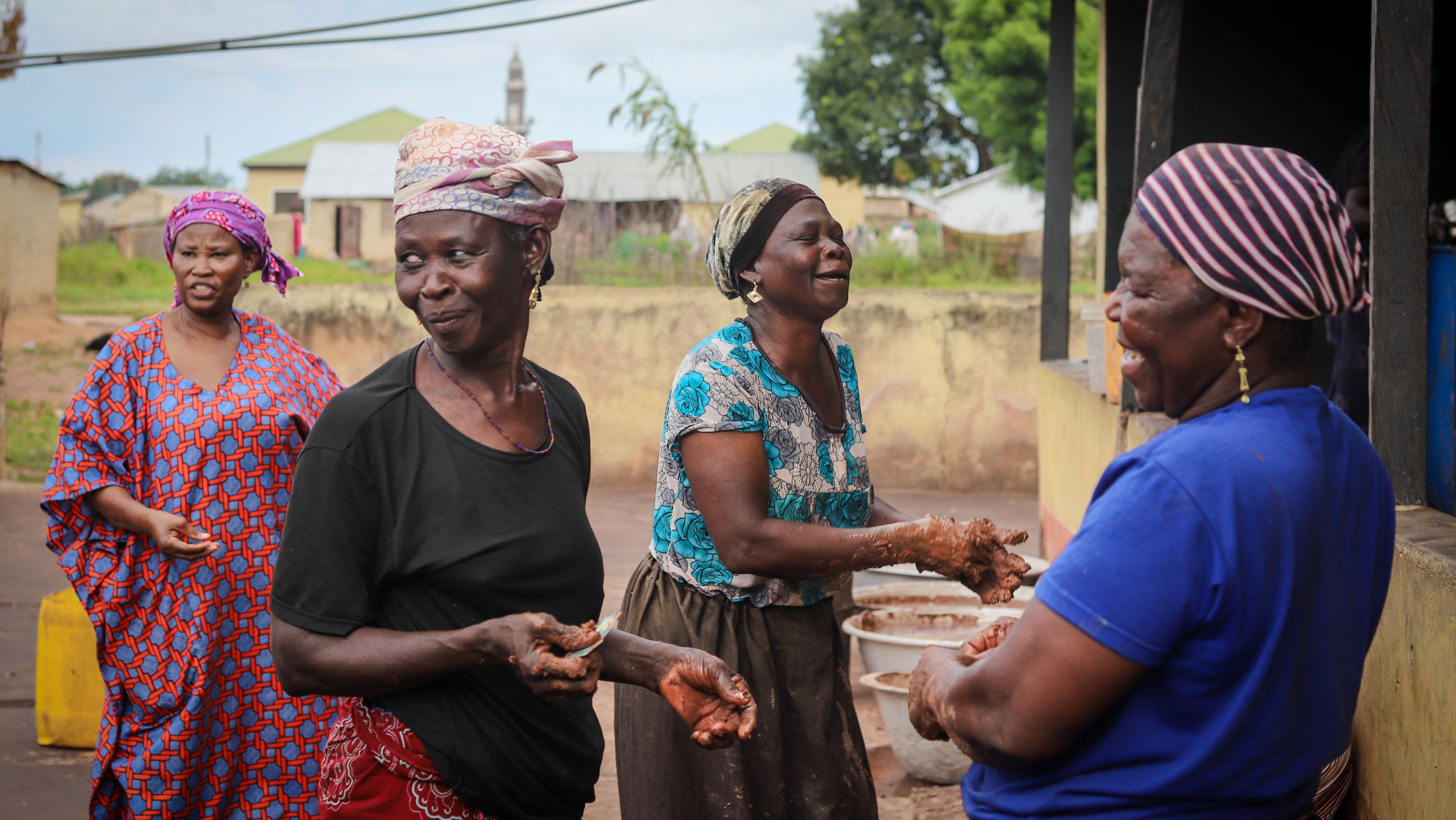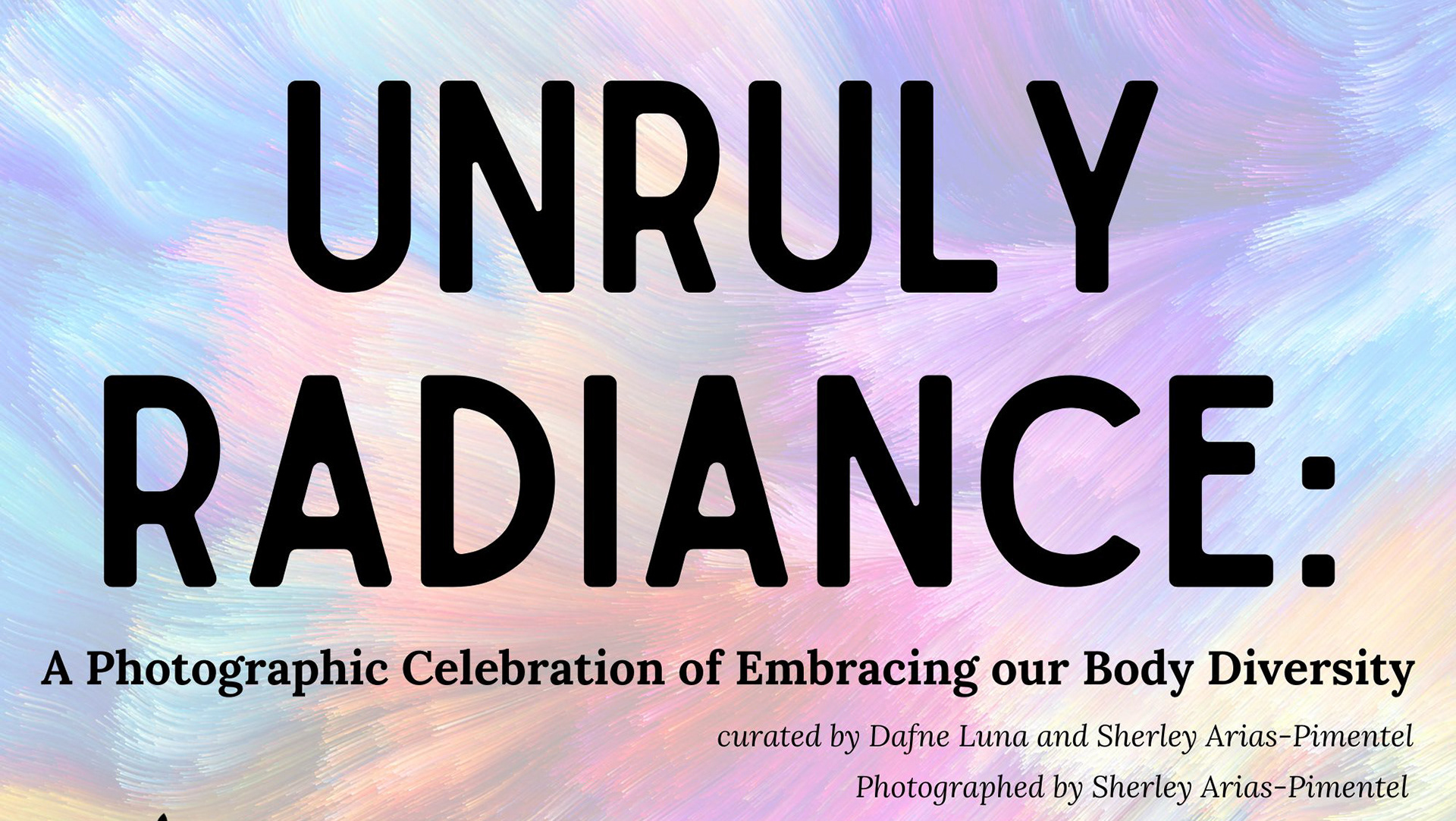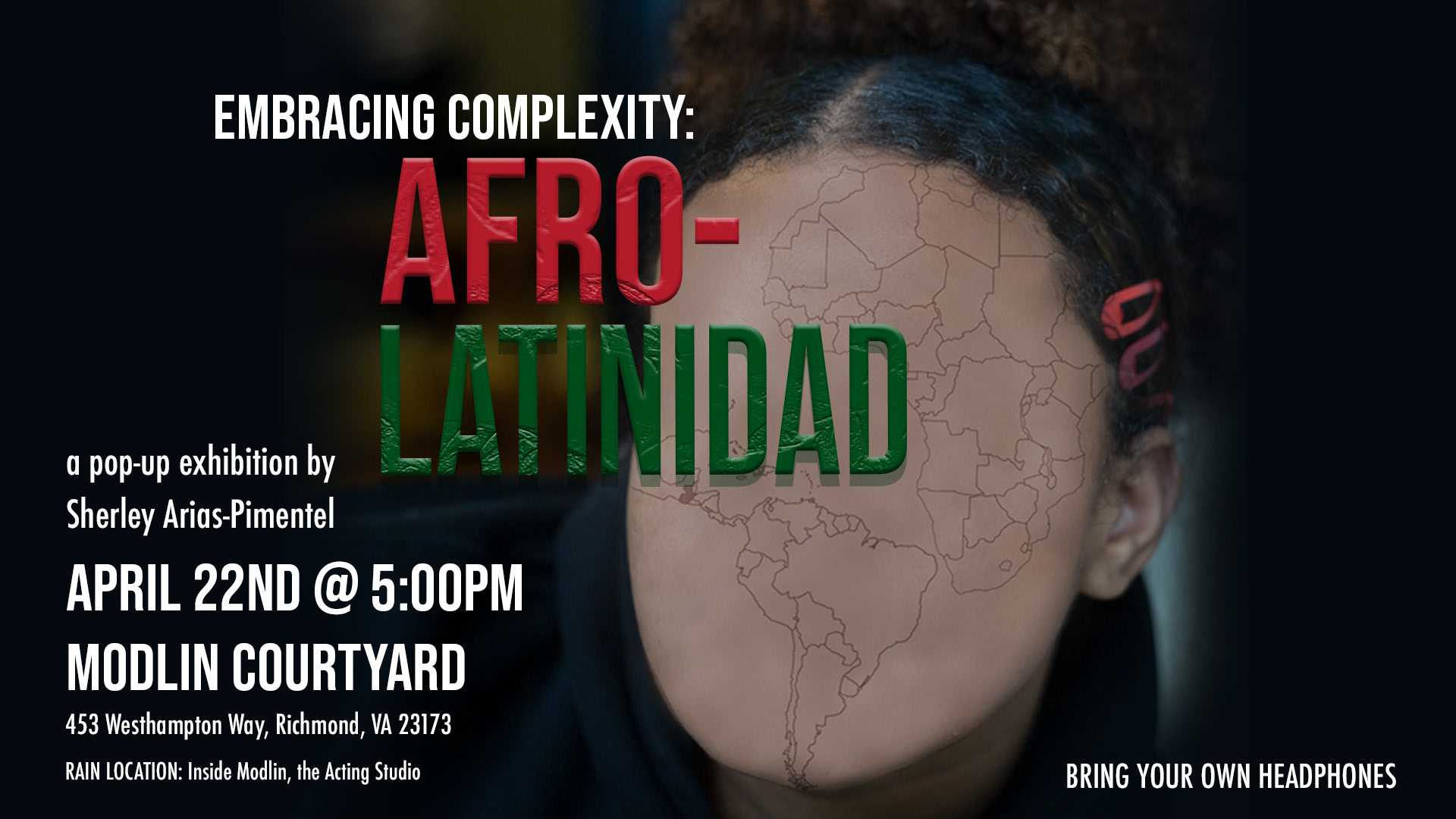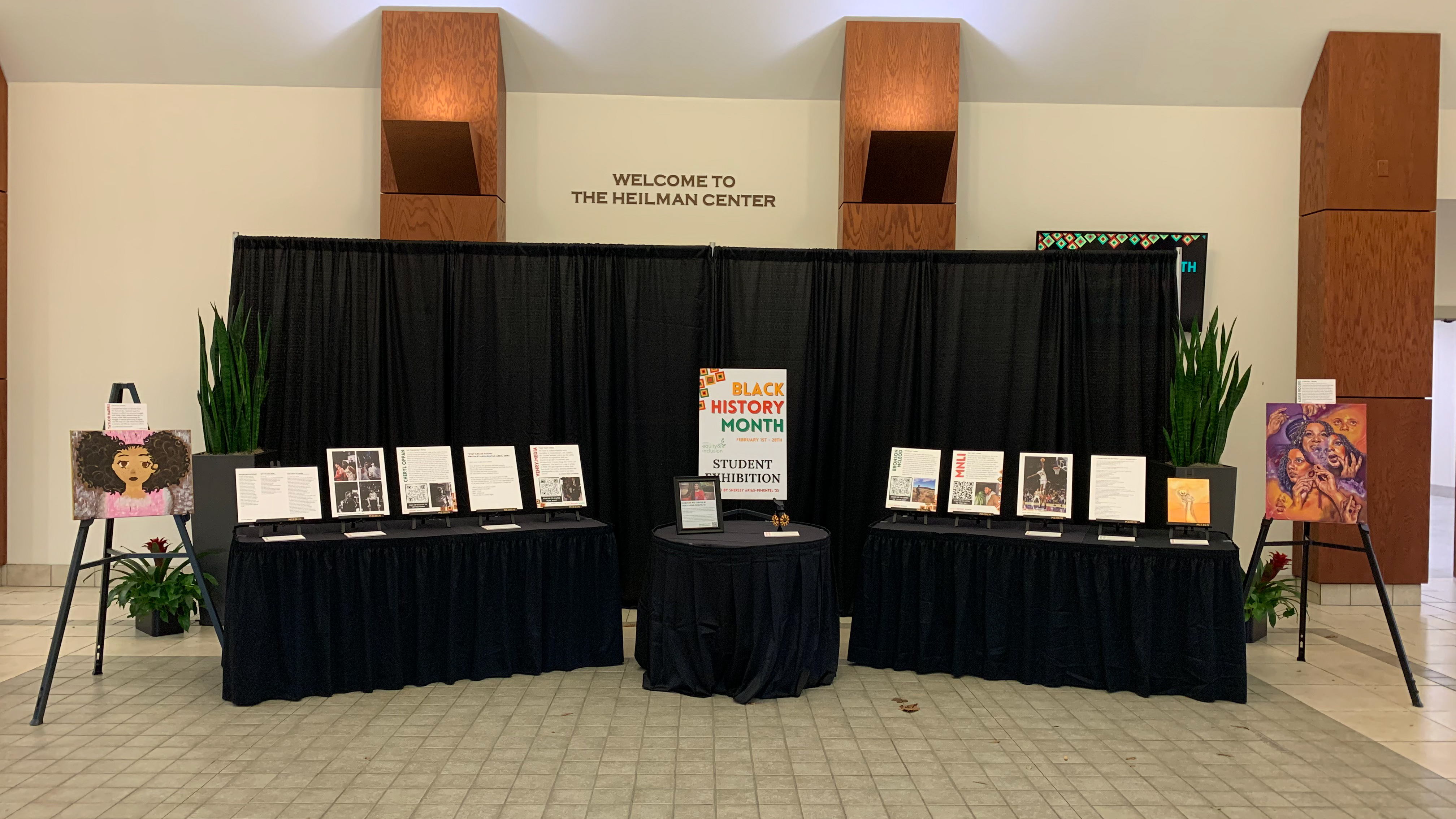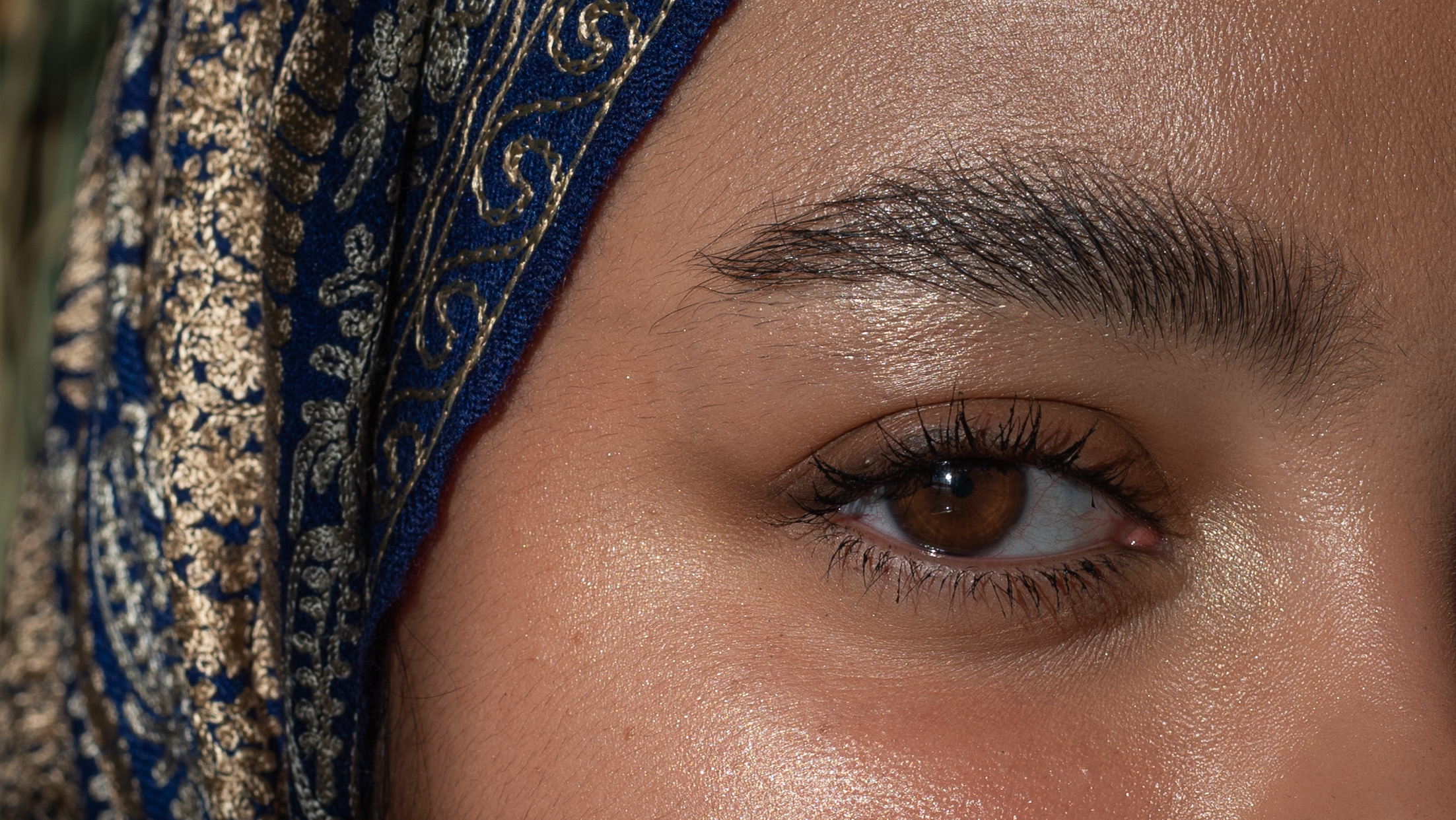Nearly one in six adults on the planet cannot read or write. This translates to roughly one billion people on Earth who are deprived of a basic education. Sadly, many do not appreciate education as an essential tool in combating several of the world’s greatest social issues such as poverty and gender inequality. Socioeconomic research affirms that access to education not only improves economic productivity but leads to improved health, greater environmental stewardship, and stable population growth. After reflecting upon my own educational journey and my experiences with a section of the Newark school system, the Wight Foundation, The Fabretto Children’s Foundation in Nicaragua, and The Experiment in International Living (EIL), I have come to realize that lack of access to quality education is the greatest threat to our global stability.
In the summer of 2021, I embarked on a research project exploring the educational disparities in my home town of Newark, NJ. I was particularly interested in the impact of Covid-19 on the school system and what it had revealed about those educational disparities more generally on elementary and secondary school students between the ages of 10 to 14 years old. The website linked below is serving as a platform to elevate the voices and experience of all those I interviewed, inspire reflection of one's own educational journey, and inspire discourse on this system's reimagination.
*** the project is available for viewing online until April 2023
